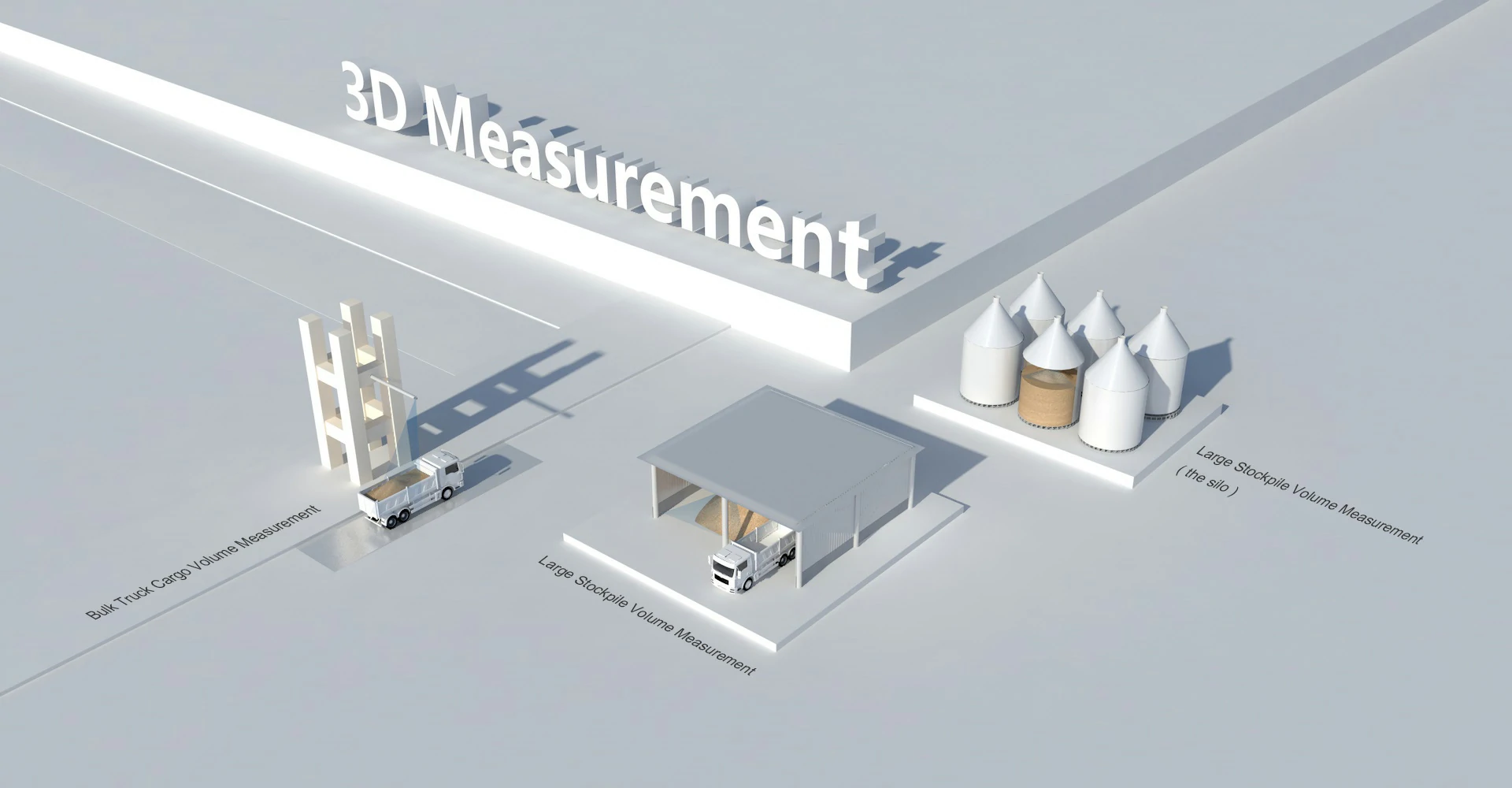
What is RIEGL LIDAR
RIEGL LIDAR is a cutting-edge technology that utilizes Light Detection and Ranging (LIDAR) to create highly accurate 3D maps and models of the environment. This advanced system emits laser pulses and measures the time it takes for the light to bounce back, allowing for precise measurements of distances and shapes. RIEGL LIDAR is commonly used in various industries such as surveying, forestry, archaeology, and urban planning for applications like terrain mapping, object detection, and infrastructure monitoring. Its high resolution and efficiency make it a valuable tool for capturing detailed spatial data with unparalleled precision.
The Main Technology in RIEGL LIDAR
The main technology in RIEGL LIDAR is the use of Time-of-Flight (TOF) measurement principles. This technology involves emitting laser pulses towards a target and measuring the time it takes for the pulse to return, allowing for accurate distance calculations. Additionally, RIEGL LIDAR systems incorporate high-speed scanning capabilities and advanced signal processing algorithms to generate detailed 3D point cloud data. Overall, the TOF technology in RIEGL LIDAR enables precise and efficient data collection for various applications such as topographic mapping, forestry management, and infrastructure monitoring.


Applications of RIEGL LIDAR
RIEGL LIDAR technology is widely used across various industries for a range of applications. In forestry, RIEGL LIDAR is utilized for forest inventory and management, allowing for accurate measurements of tree height, canopy density, and biomass estimation. In the construction industry, it is used for topographic mapping, site planning, and monitoring of construction progress. RIEGL LIDAR is also employed in archaeology for mapping and documenting historical sites with high precision. Additionally, in the transportation sector, it is used for road and railway infrastructure monitoring and asset management. Overall, RIEGL LIDAR technology plays a crucial role in enhancing efficiency, accuracy, and safety in a wide array of fields.
Benefits of RIEGL LIDAR
Riegl LiDAR technology offers numerous benefits in various industries, including surveying, mapping, forestry, and infrastructure monitoring. One of the key advantages of Riegl LiDAR is its high accuracy and precision in capturing detailed 3D data of the environment. This allows for more efficient and accurate data collection, leading to improved decision-making processes and project outcomes. Additionally, Riegl LiDAR systems are known for their reliability and durability, making them suitable for challenging field conditions. Overall, the benefits of Riegl LiDAR technology include enhanced data quality, increased productivity, and cost-effectiveness in a wide range of applications.

LiDAR in Construction Monitoring
Neuvition's Titan series LiDAR sensors offer high-precision 3D scanning capabilities
ideal for construction site monitoring. The Titan M1 series, with its long-range and
high-resolution features, can capture detailed site data for accurate progress tracking
and volumetric measurements.
Neuvition LiDAR Products Overview

Titan S2
Specialized for specific industrial uses.
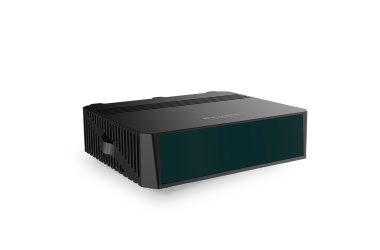
NeuX1
Next-generation LiDAR technology with enhanced capabilities.
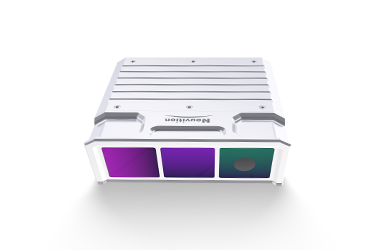
Titan M1 Series
Long-range, high-resolution LiDAR sensors for various applications.

Titan W1
Designed for wide-angle scanning in challenging environments.
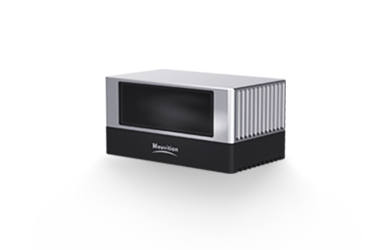
Titan P1
Compact and versatile for mobile and robotics applications.
Neuvition LiDAR Products Overview
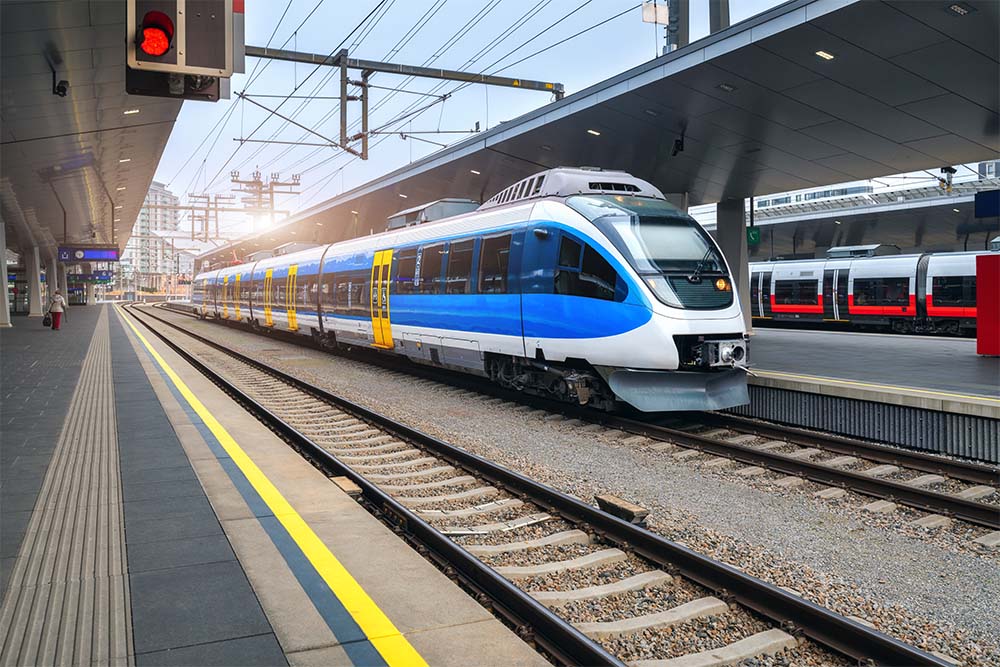
Railway Collision Avoidance
Enhancing safety in rail transportation.
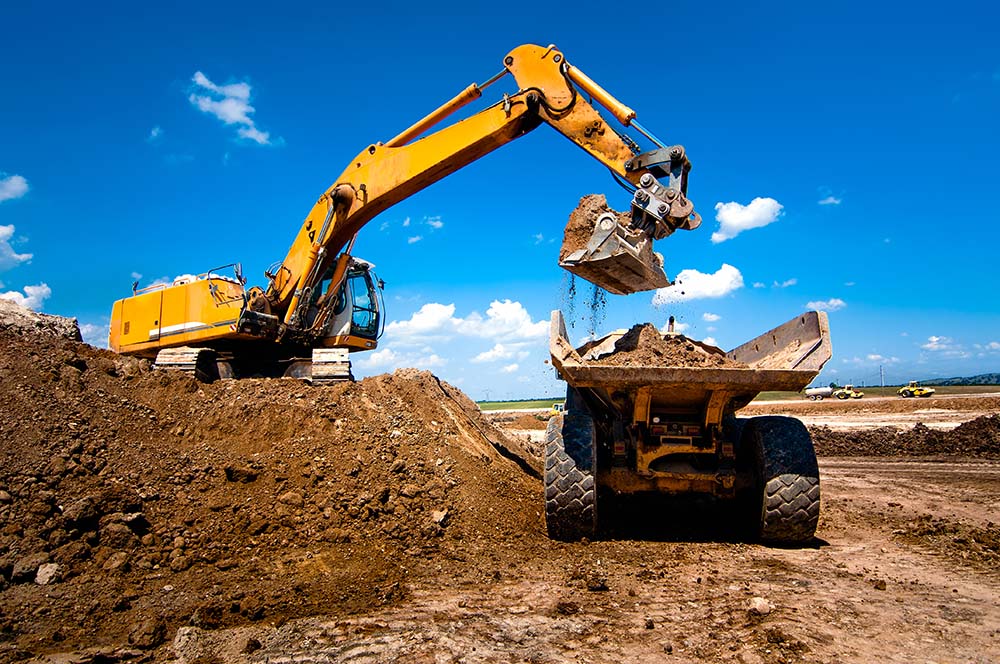
Volume Measurement
Accurate 3D volume calculations for industries like mining and construction.
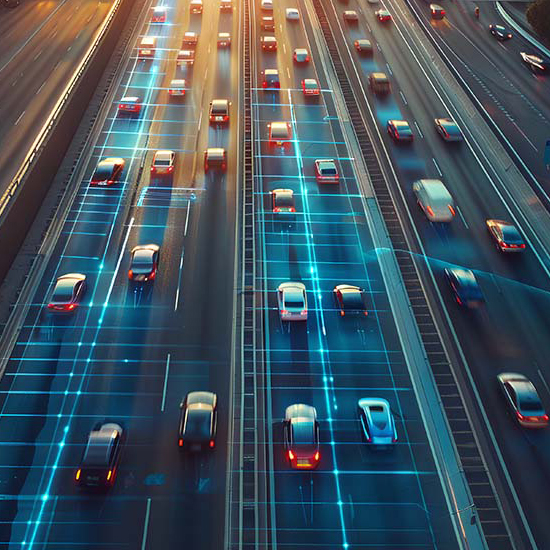
Smart Highway
Improving road safety and traffic management.
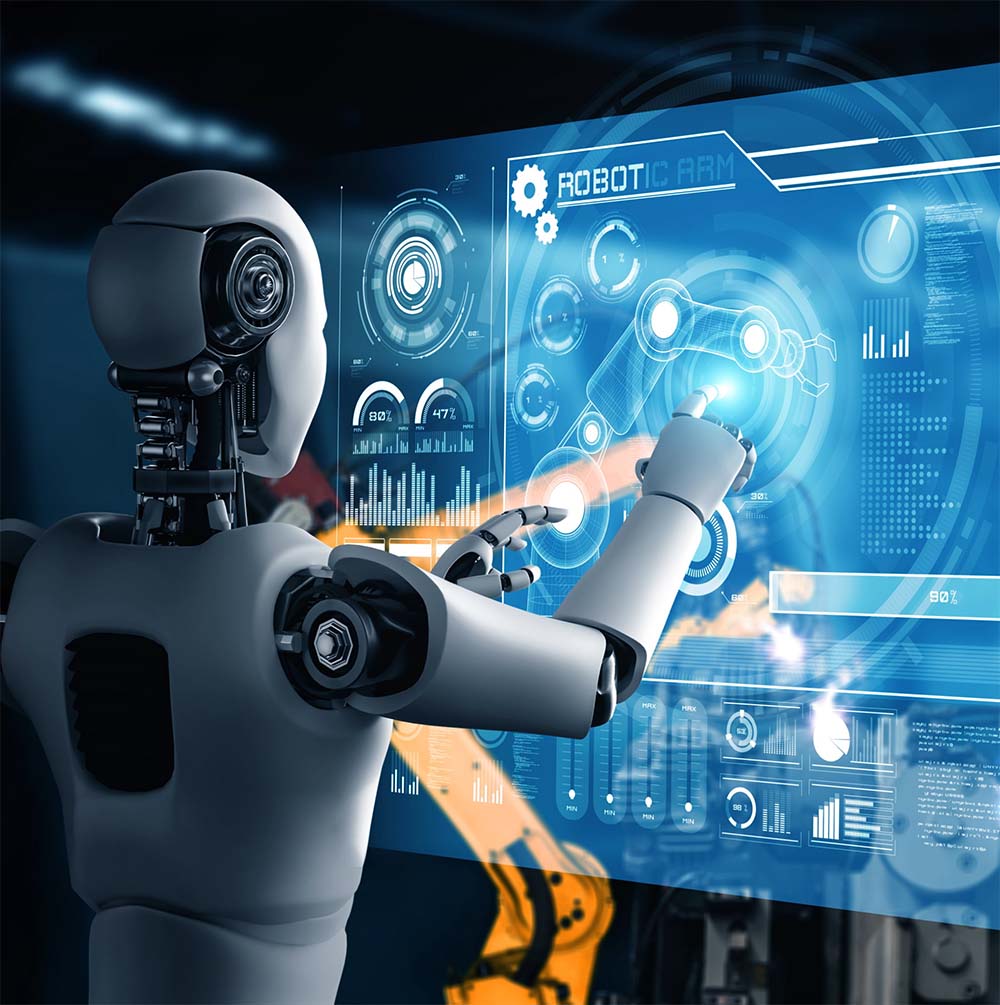
Robotics
Enabling precise navigation and object detection for autonomous robots.
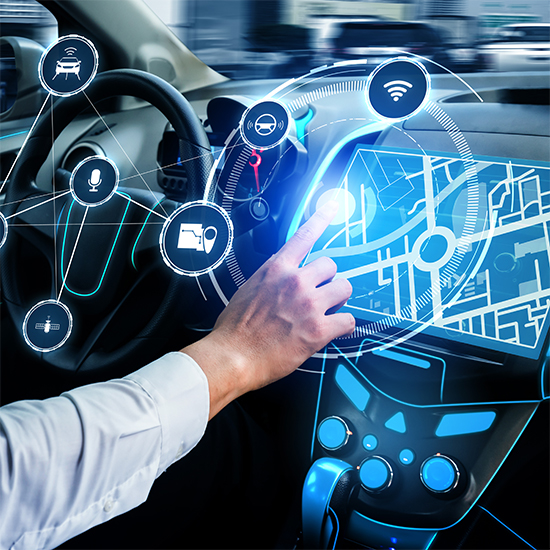
Autonomous Driving
Advanced sensing for self-driving vehicles.
Application Areas of LiDAR
Benefits of Using LiDAR

High accuracy and
precision in 3D mapping

Real-time data
collection and processing

Ability to penetrate vegetation
and capture ground topography

Efficient large-scale
surveying and mapping

Enhanced safety in
autonomous systems

Improved decision-making
with detailed spatial information
Software Solutions for LiDAR
Neuvition provides software solutions to complement its hardware, including point cloud processing and analysis
tools, real-time visualization software, a data integration platform for enterprise applications, and customized
algorithms tailored to specific industry needs.

Success Stories
MetroInnovate Urban Solutions improved traffic flow by 15% after implementing Neuvition's Smart Highway system. Emily Parker, the Director of Smart City Development, played a key role in deploying this system to enhance urban traffic management and reduce congestion.
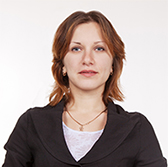
BuildMaster Construction reduced project timelines by 20% using Neuvition's LiDAR-based site monitoring solution. Michael Thompson, the COO, led the adoption of this technology, focusing on improving efficiency and project management.
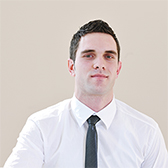
DeepCore Mining increased excavation efficiency by 25% with Neuvition's volume measurement solution. Robert Lin, the Head of Operations, was instrumental in integrating this technology to optimize resource extraction and operational productivity.

FAQ












Contact Us
If you have any questions or suggestions, please leave a message, we will get in touch with you within 24 hours!
